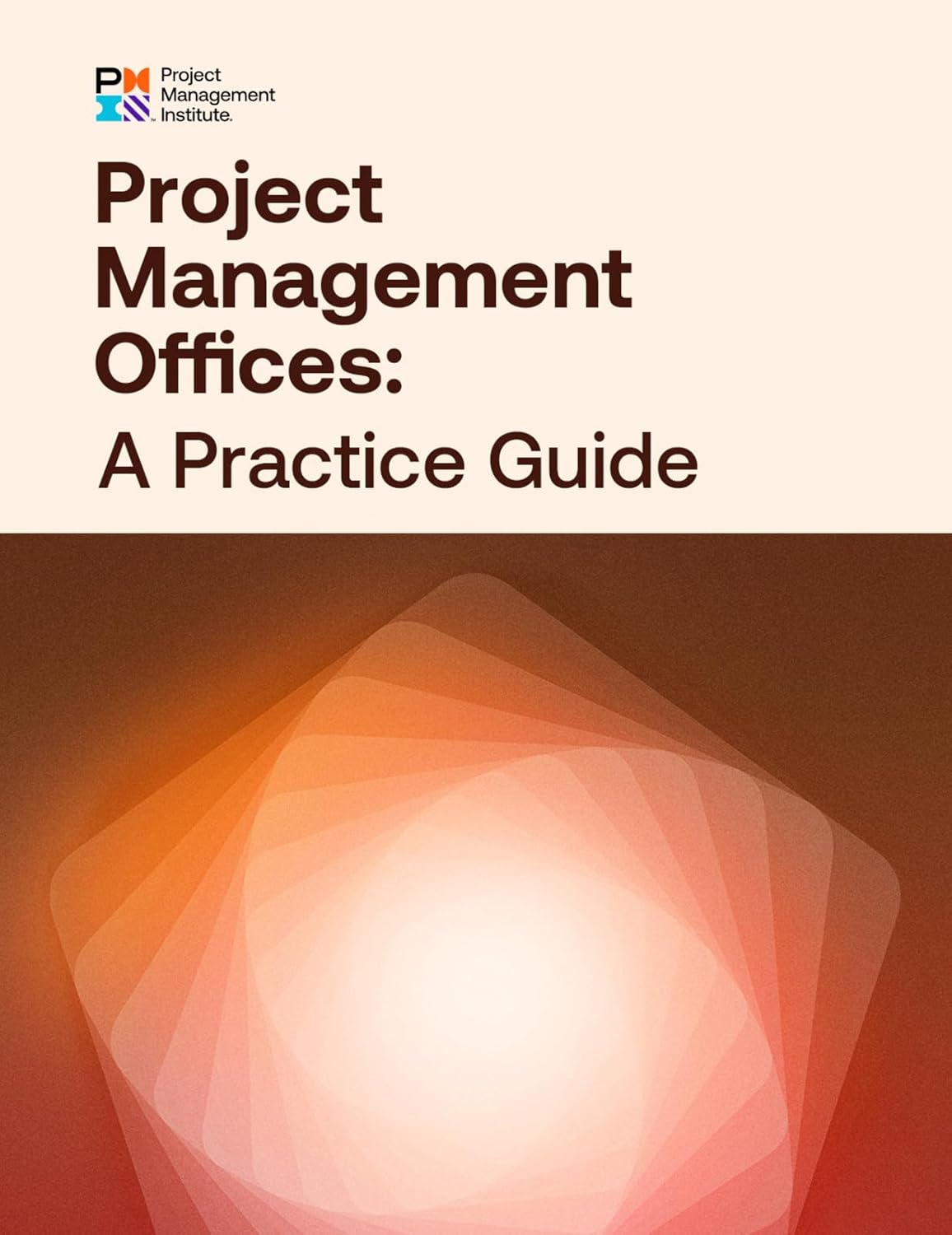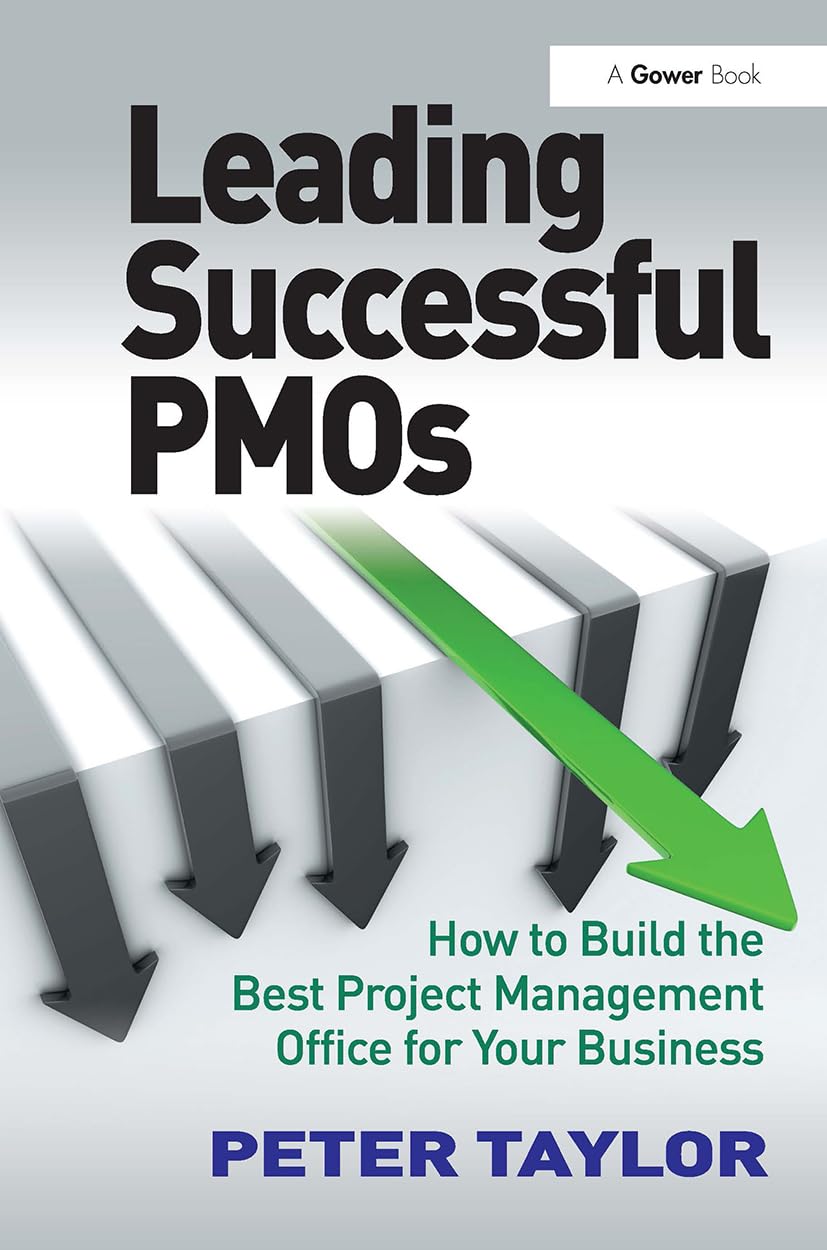
Project Management Office
What is a Project Management Office (PMO)?
A Project Management Office is a centralized team or department within an organization that sets standards, processes, and best practices for managing projects. It supports project managers and teams by providing tools, training, guidance, and governance. The goal is to ensure projects align with organizational strategy, are delivered efficiently, and meet their objectives. Some PMOs are advisory, offering support without controlling projects, while others may have authority over project execution and decision-making. The structure and role of a PMO can vary depending on the organization’s size, industry, and strategic goals.
Key Points
- A PMO standardizes project management practices across an organization.
- It improves efficiency by offering shared tools, templates, and reporting systems.
- It helps align projects with business strategy and stakeholder expectations.
- PMOs can be supportive, controlling, or directive, depending on their level of authority and discretion.
- It often tracks project performance and provides executive-level reporting.
Related Terms
- The PMO often manages or oversees a project portfolio to ensure that all projects contribute to strategic goals.
- The PMO guides and standardizes the project lifecycle to ensure consistency across projects.
- Project managers may develop a project charter with input or templates from the PMO to maintain quality and completeness.
- Governance is a key function of the PMO, ensuring that projects follow internal policies and meet compliance requirements.
- The project manager receives guidance, resources, and oversight from the PMO to ensure project success.
Project Management Office: Example
A national healthcare organization creates a PMO to improve the delivery of its IT and facility renovation projects. The PMO develops standard project templates, implements a project tracking tool, and introduces training for new project managers. Over time, the organization sees improved project completion rates, reduced budget overruns, and better alignment between project outcomes and organizational strategy.
Project Management Office: Best Practices
- Clearly define the PMO’s role, scope, and level of authority within the organization.
- Ensure executive support to promote the PMO’s value and gain stakeholder buy-in.
- Use standard tools and templates to streamline processes and improve reporting.
- Provide continuous training and development for project staff.
- Regularly assess the PMO’s performance and adapt to changing organizational needs.
Additional Resources
Preparing for a PMI certification?
- Exam Prep Courses: PMP®, CAPM®, and PMI-ACP®
- Exam Simulators: PMP®, CAPM®, PMI-ACP®, PMI-PBA®, PMI-RMP®, PMI-SP®, PgMP®, and PfMP®
- Professional Development Units (PDUs): 15, 30, and 60 PDU Bundles




